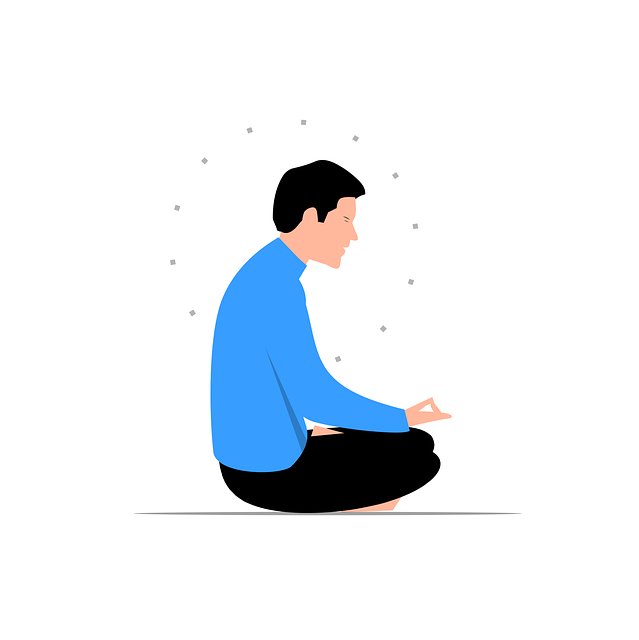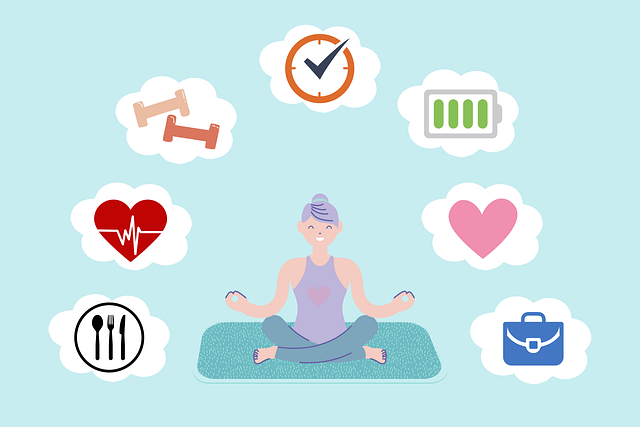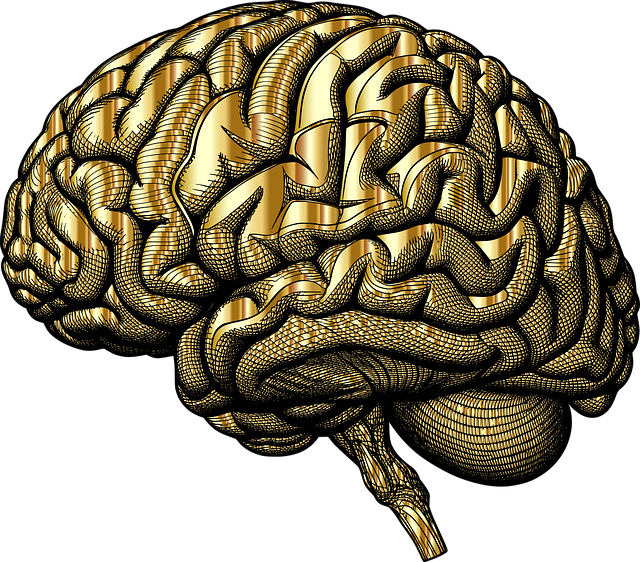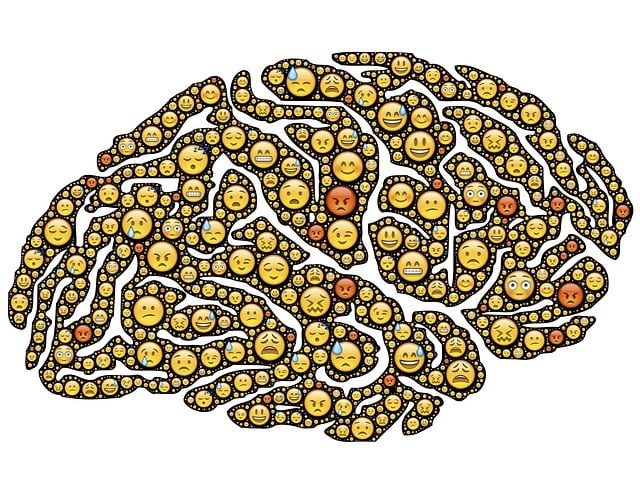Self-care, structured routines, and professional guidance from Westminster ADD-ADHD evaluations and therapy are key to managing Attention Deficit Disorder (ADD) or Attention-Deficit/Hyperactivity Disorder (ADHD). These strategies improve concentration, mood regulation, and resilience, enhancing quality of life and relationships. Regular mindfulness, exercise, and consistent sleep form personalized self-care plans, while advanced diagnostic tools target specific ADHD symptoms like mood management and burnout prevention. This holistic approach empowers individuals with effective coping mechanisms and mental health education for improved overall well-being.
Self-care is an essential aspect of managing Attention Deficit Disorder/Hyperactivity Disorder (ADD/ADHD), offering individuals coping mechanisms and improved focus. This article explores strategies for enhancing self-care practices, emphasizing the role of personalized therapy paths tailored through comprehensive evaluations like those provided by Westminster ADD-ADHD Evaluations. By integrating practical daily routines, individuals with ADD/ADHD can achieve better mental wellness and overall well-being.
- Understanding Self-Care and its Importance in Managing ADD/ADHD
- Westminster ADD-ADHD Evaluations: Unlocking Personalized Therapy Paths
- Practical Strategies for Enhancing Self-Care Routines on a Daily Basis
Understanding Self-Care and its Importance in Managing ADD/ADHD

Self-care is an essential practice for managing Attention Deficit Disorder/Attention Deficit Hyperactivity Disorder (ADD/ADHD). It involves intentional activities that promote physical, mental, and emotional well-being. For individuals with ADD/ADHD, who often face challenges with focus, organization, and impulse control, incorporating structured self-care routines can significantly enhance daily functioning. These routines might include regular exercise, mindfulness practices, and structured sleep schedules—all of which contribute to improved concentration, better mood regulation, and increased resilience.
Effective self-care for ADD/ADHD goes beyond symptom management; it empowers individuals to take control of their mental health. Westminster ADD-ADHD evaluations and therapy can play a pivotal role in this process. Mental health professionals can guide patients in developing personalized self-care plans that incorporate strategies for stress management, time organization, and emotional coping mechanisms. By integrating these practices into daily life, individuals with ADD/ADHD can build resilience, improve their quality of life, and foster better relationships—all essential aspects of comprehensive mental health care.
Westminster ADD-ADHD Evaluations: Unlocking Personalized Therapy Paths

Westminster ADD-ADHD Evaluations offer a transformative step toward personalized therapy paths. By expertly assessing individuals with Attention Deficit Disorder (ADD) or Attention-Deficit/Hyperactivity Disorder (ADHD), these evaluations unlock tailored treatment strategies. This process involves comprehensive mental health assessments, incorporating advanced diagnostic tools and expert clinical insights.
The outcome is a roadmap for effective therapy, focusing on aspects like mood management and burnout prevention strategies, especially relevant for healthcare providers. These evaluations also highlight the importance of mental health education programs designed to empower individuals with ADD/ADHD. By addressing core challenges and fostering coping mechanisms, personalized therapy paths can significantly enhance overall well-being and quality of life.
Practical Strategies for Enhancing Self-Care Routines on a Daily Basis

Self-care is an integral part of maintaining overall well-being, especially for individuals with attention-deficit/hyperactivity disorder (ADHD). Establishing a consistent self-care routine can be transformative in managing symptoms and enhancing quality of life. A simple yet effective strategy is to dedicate specific time slots each day for activities that nurture mental and physical health. This might include practices like mindfulness meditation, regular exercise tailored to personal preferences, and structured journaling. For instance, starting the day with a short meditation session can help center the mind and improve focus throughout the day—a valuable tool in managing ADHD symptoms.
Additionally, seeking professional support through Westminster ADD-ADHD evaluations and therapy can be immensely beneficial. Mental Health Policy Analysis and Advocacy plays a crucial role in understanding and addressing the unique needs of individuals with ADHD. By incorporating structured self-care practices and utilizing available resources, one can effectively manage symptoms and improve daily functioning. Stress Management techniques, such as deep breathing exercises or engaging in hobbies, further contribute to a holistic approach, ensuring that mind and body remain in harmony.
Self-care is an essential component in managing ADD/ADHD, and with tailored strategies like those offered by Westminster ADD-ADHD evaluations, individuals can unlock personalized therapy paths. By integrating practical daily routines, one can significantly enhance overall well-being. Remember that self-care isn’t just a luxury; it’s a necessary practice for maintaining focus, reducing stress, and improving quality of life.














